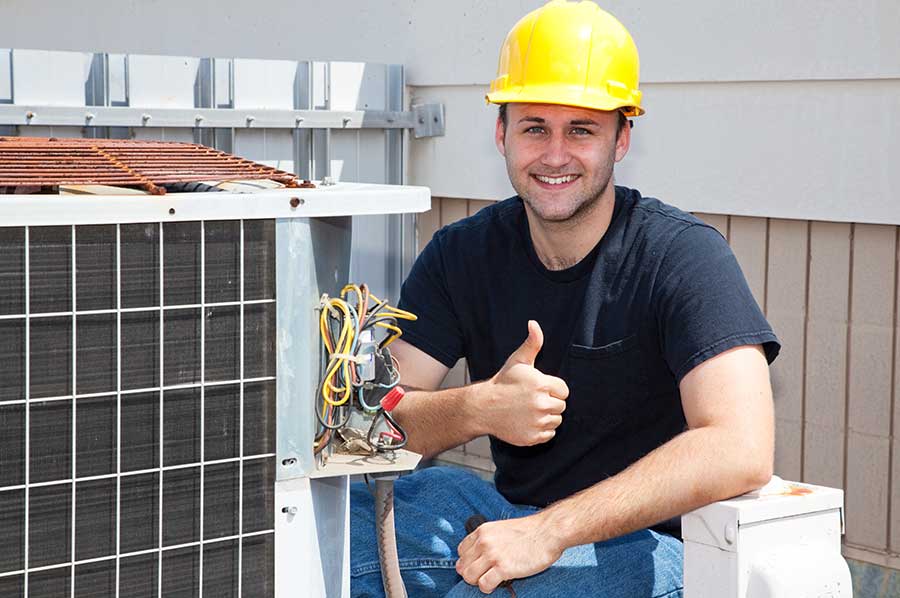
Choosing the right HVAC system for a commercial property involves several key considerations. In Florida’s climate, where both cooling and heating needs can be significant, selecting an appropriate system is crucial for maintaining comfort and operational efficiency. Here’s a guide to help you make an informed decision.
Assess Your Business’s HVAC Needs
- Evaluate Building Size and Layout
- Considerations: The size of your building and its layout will influence the type of HVAC system you need. Larger spaces may require more robust systems, while smaller areas might benefit from more compact solutions.
- Action: Obtain a detailed floor plan and calculate the total square footage. Include considerations for ceiling height and any potential temperature variances between different areas.
- Determine Cooling and Heating Requirements
- Considerations: Florida’s warm climate means cooling is often a primary concern, but some businesses also require heating during cooler months. Accurate load calculations are necessary to ensure the system can handle both cooling and heating efficiently.
- Action: Use a professional to perform a load calculation to determine the specific heating and cooling capacity required for your space.
System Types and Features
- Packaged Systems
- Description: Packaged HVAC systems combine heating and cooling in one unit, typically installed on the roof or a ground-mounted pad. They are suitable for businesses with limited space.
- Pros: Space-saving and easy to maintain.
- Cons: Can be less efficient than split systems and may require more frequent maintenance.
- Split Systems
- Description: These systems have separate indoor and outdoor units. They are often used in buildings with more space or where a packaged system might not be suitable.
- Pros: Generally more efficient and quieter.
- Cons: Requires more space for installation and maintenance.
- Ductless Mini-Split Systems
- Description: Ductless systems provide cooling and heating without ductwork, making them ideal for older buildings or areas where ductwork installation is impractical.
- Pros: Flexibility in installation and zoned control.
- Cons: Higher initial cost and potential for higher maintenance if not properly managed.
- Variable Refrigerant Flow (VRF) Systems
- Description: VRF systems offer high efficiency by varying the flow of refrigerant to match the heating and cooling needs of different zones in the building.
- Pros: Highly efficient and flexible with zoning.
- Cons: Higher upfront costs and complex installation.
Energy Efficiency and Cost
- Check SEER Ratings
- Description: The Seasonal Energy Efficiency Ratio (SEER) rating measures how efficiently a cooling system operates. Higher SEER ratings indicate better energy efficiency.
- Action: Opt for systems with higher SEER ratings to reduce long-term energy costs.
- Consider Total Cost of Ownership
- Description: Beyond initial purchase and installation costs, factor in operating costs, maintenance, and potential repair expenses.
- Action: Evaluate the total cost of ownership over the system’s expected lifespan to make a more informed decision.
Professional Installation and Maintenance
- Hire a Qualified HVAC Contractor
- Description: Proper installation is critical for optimal system performance and longevity.
- Action: Choose a reputable HVAC contractor with experience in commercial systems and a strong track record of reliable service.
- Plan for Regular Maintenance
- Description: Regular maintenance ensures the system operates efficiently and can prevent costly repairs.
- Action: Set up a maintenance schedule with your HVAC contractor to keep your system in top condition.
Conclusion
Selecting the right commercial HVAC system involves careful consideration of your building’s needs, system types, energy efficiency, and overall costs. By assessing these factors and working with a professional, you can ensure you choose a system that will provide reliable comfort and operational efficiency for your business in Florida’s climate.